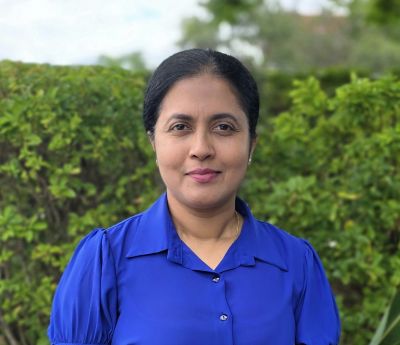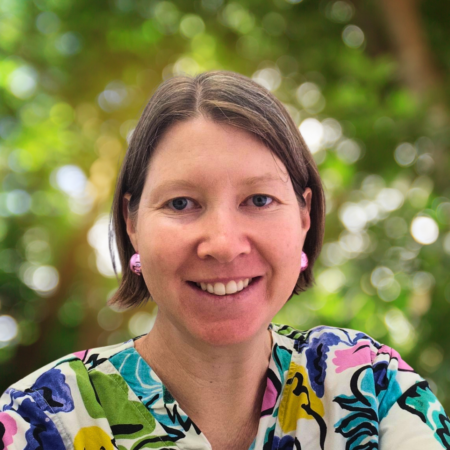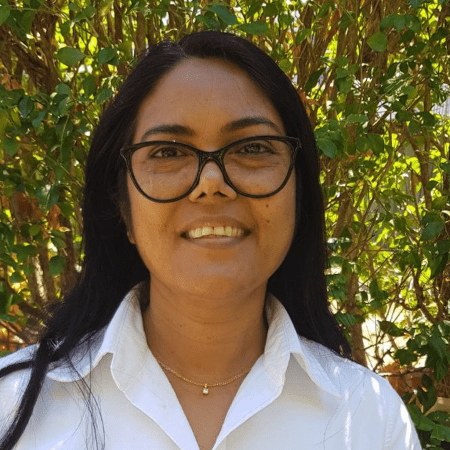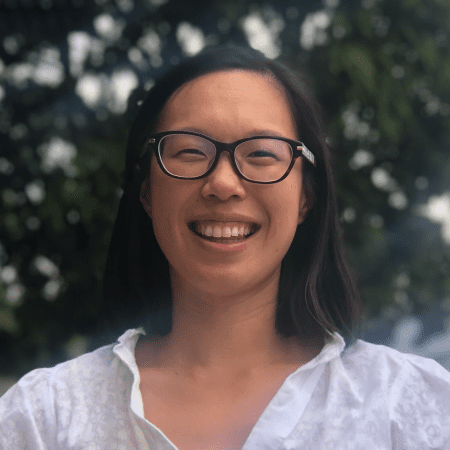Do you need a medical certificate today?
Life isn’t always predictable. If you are unwell and need to get a medical certificate today, we can help you.
Find a SmartClinics Medical Centre near you and book an appointment now.
Menopause
Menopause is an entirely natural process that happens in every woman’s life. It’s a period of your life when your body undergoes several changes and becomes infertile. For many women, it can be a confusing and possibly upsetting period. However, with the right support and knowledge, you can breeze through menopause and emerge stronger and happier on the other side. It’s called the “change of life” for a reason!
What happens during menopause?
Menopause describes a time period that can last for a few years as your body adapts to new changes. Your body will gradually produce less estrogen, and your menstrual cycle will stop. Menopause is generally considered to have begun once you have gone a twelve-month period without your period, although some may refer to menopause as the year between your last period and the postmenopausal stage.
What causes menopause?
Menopause is caused by the body naturally coming to the end of its supply of eggs available for fertilisation. Throughout your life, you may go from 1 to 3 million eggs to less than 10,000 at the time of menopause.
A reproductive hormone known as follicle-stimulating hormone (FSH) promotes the growth of eggs during the first half of the menstrual cycle. As you age, those eggs you have remaining will be less susceptible to the effects of FSH, and your ovaries will greatly reduce the levels of production of estrogen.
What are the stages of menopause?
There are three broad stages of menopause. These are outlined below:
Stage 1: Perimenopause
The first stage of menopause, perimenopause, usually begins around three to five years before full menopause. This is when estrogen and progesterone levels begin declining and is likely when you’ll first notice symptoms.
For some women, this may begin in their late thirties or early forties. This is known as premature perimenopause and often leads to a longer perimenopausal period than average.
Stage 2: Menopause
Menopause is the period between your last period and roughly twelve months later (excluding any health issues that may have caused you to miss your period). During this time, your ovaries will cease producing progesterone and estrogen. Some of the symptoms of perimenopause may become more pronounced at this time, including hot flashes and night sweats.
Stage 3: Postmenopause
The line between menopause and postmenopause can be somewhat blurred. Postmenopause occurs at least twelve months after your last period and is the time when your body is adjusting to its new hormonal balance. During this period, you’ll go through some mental and physical health changes. Many women describe this as an uplifting period, somewhat representative of a new beginning.
How long does menopause last?
The symptoms of menopause can last between three and six years. Perimenopause generally lasts around four years, although it may vary between women. It’s best to speak with your doctor about any symptoms you’re experiencing and how long you can expect them to last.
What are the signs of coming to the end of menopause?
Once you have gone for at least twelve months without getting your period, you may begin to notice other menopausal symptoms begin to recede. Once it has been twelve months since your last period, you are at the end of menopause and entering the postmenopausal stage.
What are the symptoms of menopause?
A significant decline in estrogen production is thought to be a contributing factor to a number of the symptoms of menopause. Some of these symptoms include:
- Hot flushes
- Minor urinary issues
- Moodiness and changes in emotions
- Night sweats
- Increased heart rate
- Restless sleep
- Vaginal dryness
Most symptoms are more pronounced during the perimenopause and menopause period and should improve as you enter postmenopause.
How does menopause affect your body?
Beyond the symptoms listed above, you may notice a number of changes to your body. You may go through some urinary incontinence and changes to your sex drive. Vaginal itching is a possible after-effect of menopause. You may find it easier to gain weight when postmenopausal.
How to treat menopause symptoms
Your doctor may recommend a number of methods for you to try to address the symptoms caused by menopause. Lifestyle changes are highly recommended. Switching to a healthier diet and avoiding foods that may trigger allergic reactions or contribute to restlessness and urinary concerns is a good start. Quitting alcohol and tobacco or greatly reducing intake may also alleviate some of the symptoms of menopause.
If you need further assistance to handle menopausal symptoms, your doctor may prescribe progesterone and estrogen hormone replacement therapy (HRT). This may assist in alleviating some of the longer-term effects of menopause, such as an increased risk of osteoporosis.
There are various over-the-counter and prescription medicines available for symptoms like hot flashes, night sweats, vaginal dryness and restless sleep. Speak with your doctor or pharmacist about your options.
Need guidance?
Menopause is a significant stage in any woman’s life. It’s a time of great change and new beginnings. If you have any questions or need guidance in any way, speak to your doctor. They’ll be able to draw on their experience and provide you with the advice you need.
Book an appointment
Need to book an appointment to discuss menopause?










